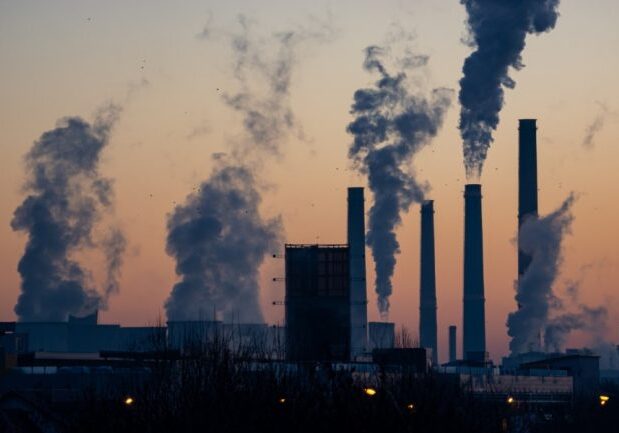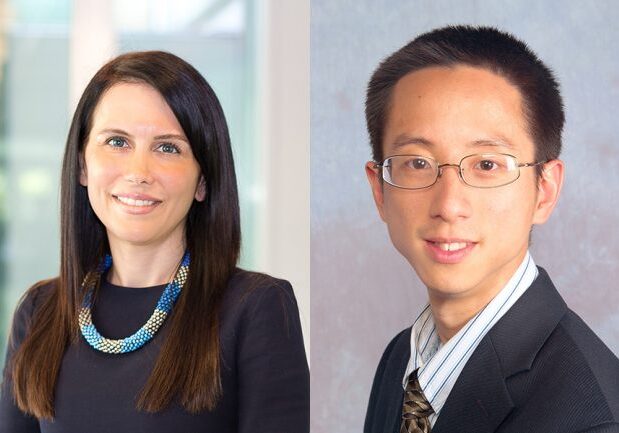
New Canada Research Chairs boost research into clean air and sustainable resource extraction
Professors Gisele Azimi and Arthur Chan are among the U of T researchers awarded chairs in the latest round
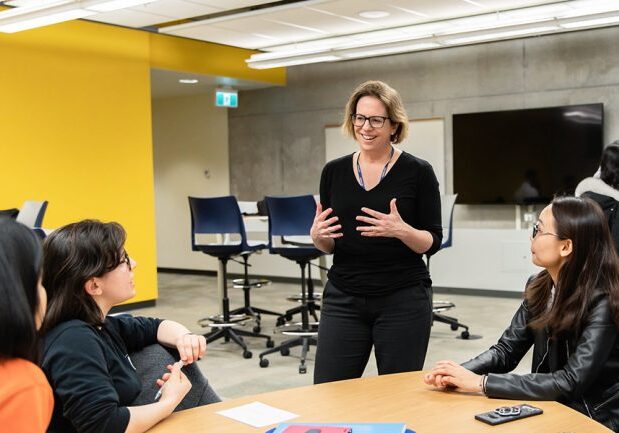
Five U of T engineers elected into the Canadian Academy of Engineering
Body unites Canada’s most distinguished and experienced engineers to provide strategic advice on matters of critical importance to the country
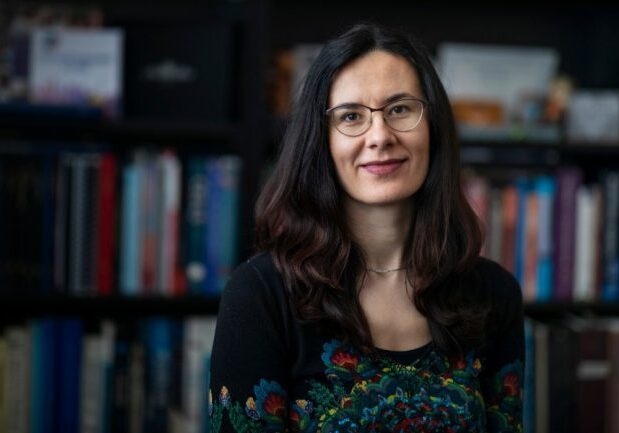
Milica Radisic receives Killam Fellowship
Award supports outstanding Canadian scholars across a wide range of fields
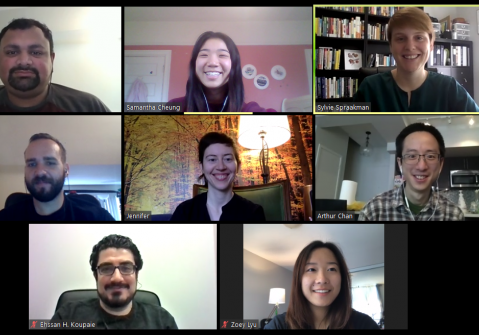
U of T Engineering set to host first-ever virtual research conference
With many projects paused during the pandemic, UTERC connects students with industry and alumni to further their academic development
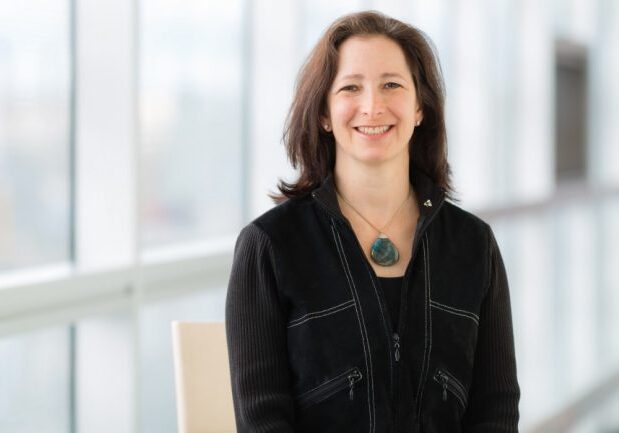
U of T researchers develop ‘piggyback’ vehicle to escape the endosomal trap and deliver RNA therapeutics
Their platform has shown to downregulate critical genes in cancer cells, and could be used for other genetic diseases
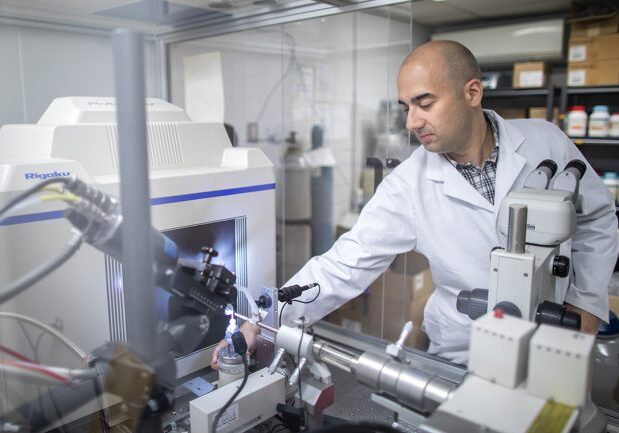
A U of T Engineering team is manufacturing coronavirus ‘parts’ for COVID-19 research
The newly launched COVID-19 Protein Manufacturing Centre at U of T will distribute virus proteins to the science community free of cost
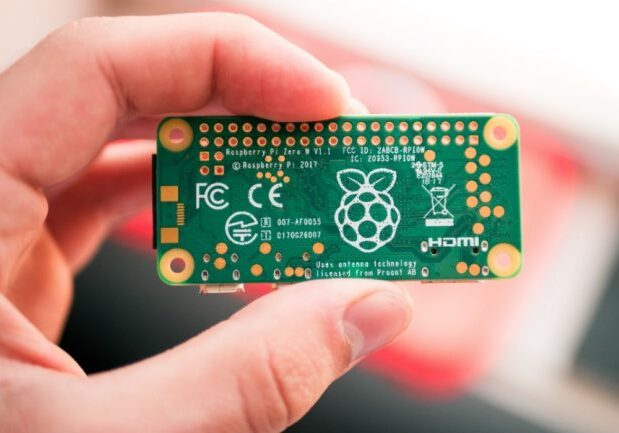
U of T Engineering team programs single-board computers to remotely monitor COVID-19 patients and protect health care workers
Solution developed by Professor Willy Wong (ECE, IBBME) and his team also helps preserve precious supplies of personal protective equipment for front-line workers

